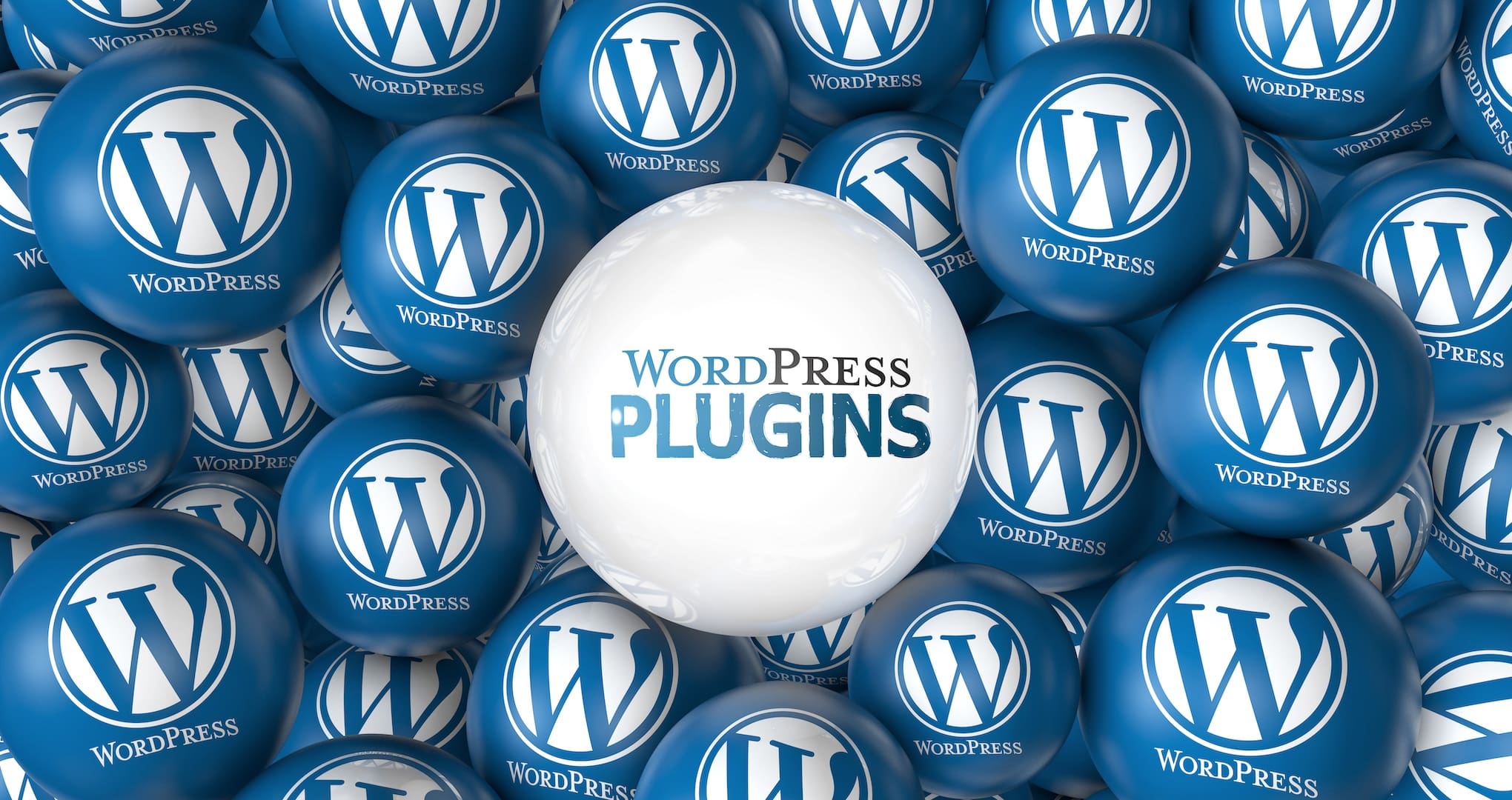Plugin Conflicts in WordPress: Identifying and Resolving Issues
Plugin Conflicts in WordPress: Identifying and Resolving Issues

WordPress is a versatile platform, largely due to its extensive library of plugins. While plugins enhance functionality, they can sometimes conflict with each other, leading to unexpected issues. Rare plugin conflicts, particularly those involving less-known plugins, can be especially challenging to diagnose and fix. This article will explore the nature of these conflicts, how to identify them, and offer practical solutions for resolution.
Understanding Plugin Conflicts
Plugin conflicts occur when two or more plugins interfere with each other, often due to overlapping functionalities, incompatible code, or competing for the same resources. These conflicts can manifest in various ways, such as:
- Website crashes or errors
- Broken layouts or missing elements
- Slow performance or high resource usage
- Features not working as expected
Identifying Rare Plugin Conflicts
Finding the source of a plugin conflict, especially with lesser-known plugins, can be tricky. Here are some steps to help identify the root cause:
- Document Symptoms and Changes: Start by noting down the specific issues you’re experiencing and any recent changes made to the site, such as new plugin installations or updates.
- Check Error Logs: Review your WordPress error logs (usually found in the wp-content directory) to identify any errors or warnings that can point to a problematic plugin.
- Disable Plugins: Deactivate all plugins and check if the issue persists. If the problem is resolved, reactivate the plugins one by one, testing the site after each activation. This process helps isolate the conflicting plugin.
- Switch Themes: Sometimes, conflicts arise between plugins and themes. Temporarily switch to a default WordPress theme (like Twenty Twenty-One) to see if the issue persists.
- Use Debugging Tools: Tools like Query Monitor, Debug Bar, or the built-in WordPress Debugging mode can provide valuable insights into what’s causing conflicts.
Common Culprits and Fixes
While any plugin can potentially cause conflicts, here are some common scenarios and solutions:
- Overlapping Functionality: Two plugins trying to perform similar tasks can clash. For instance, multiple SEO plugins or security plugins might interfere with each other. Choose the most comprehensive and reliable plugin for the task and deactivate others.
- JavaScript Conflicts: Plugins that load conflicting JavaScript libraries can break site functionality. Use browser developer tools to identify script errors and enqueue scripts properly using WordPress best practices.
- Database Issues: Plugins that alter the database can sometimes conflict, especially during updates. Ensure plugins are updated regularly, and consider using database optimization plugins like WP-Optimize.
- Incompatibility with WordPress Core: Some plugins might not be fully compatible with the latest WordPress version. Always check plugin compatibility before updating WordPress core or the plugin itself.
- Memory and Performance Conflicts: Resource-heavy plugins can slow down your site or cause it to crash, particularly on shared hosting environments. Monitor resource usage with plugins like P3 (Plugin Performance Profiler) and optimize your site’s performance.
Best Practices for Avoiding Plugin Conflicts
- Use Reputable Plugins: Stick to plugins from trusted developers with good reviews and regular updates.
- Limit Plugin Usage: Only use necessary plugins to minimize the risk of conflicts.
- Test in a Staging Environment: Always test new plugins or updates on a staging site before applying changes to your live site.
- Backup Regularly: Ensure you have a recent backup before making any changes, so you can restore your site if something goes wrong.
- Stay Updated: Keep WordPress core, themes, and plugins up-to-date to benefit from security patches and compatibility improvements.
Conclusion
Rare plugin conflicts can be frustrating, but with a systematic approach to identification and resolution, you can maintain a smooth-running WordPress site. By following the best practices outlined above, you can minimize the risk of conflicts and ensure that your website remains a robust and reliable platform for your visitors.
By understanding the nature of plugin conflicts and implementing preventative measures, you’ll be better equipped to handle any issues that arise, keeping your WordPress site running smoothly and efficiently.
If you need further assistance with resolving plugin conflicts or have any questions, feel free to contact us or leave a comment below. We’re here to help you keep your WordPress site in top shape!
